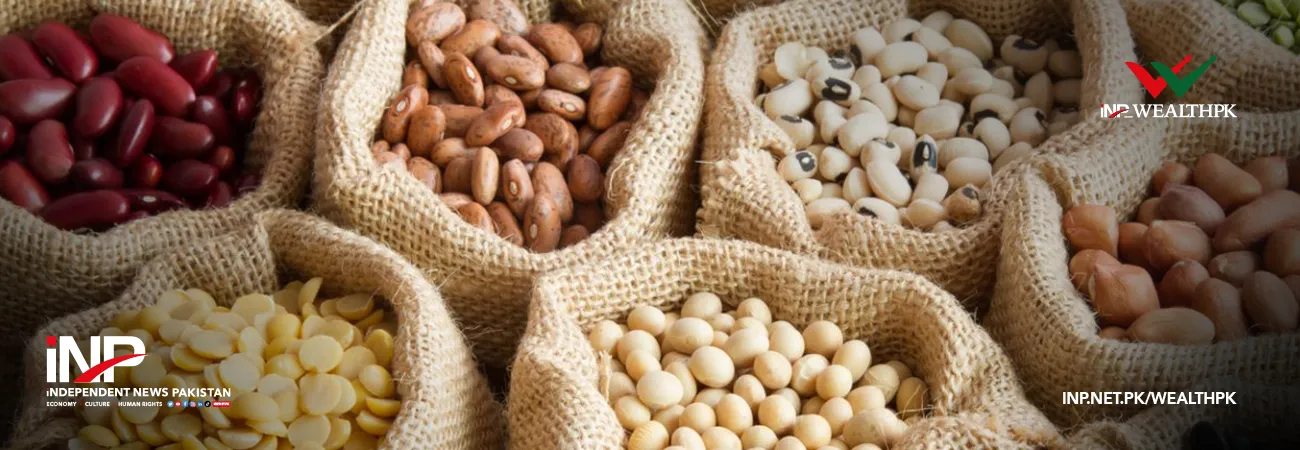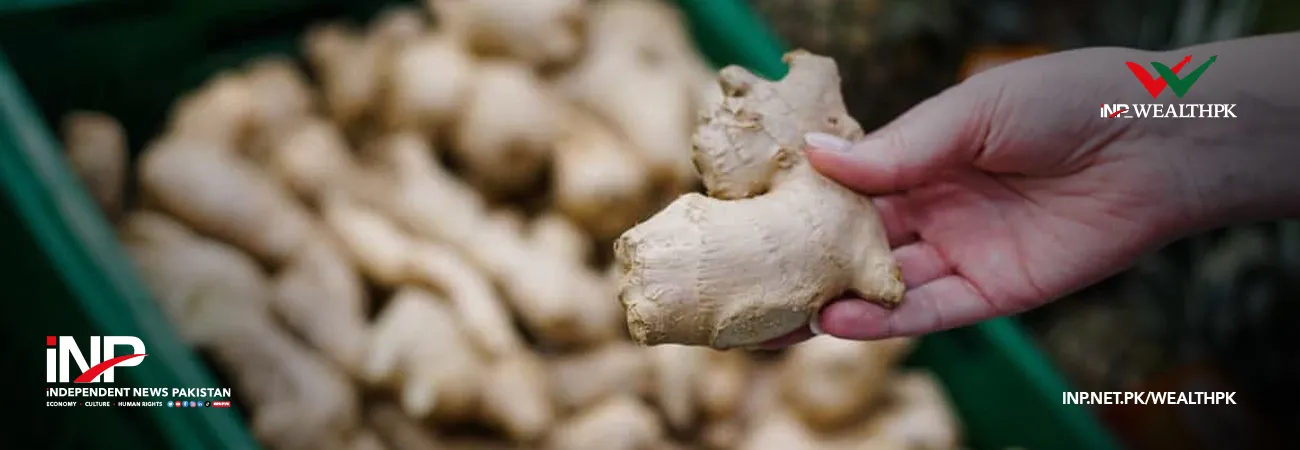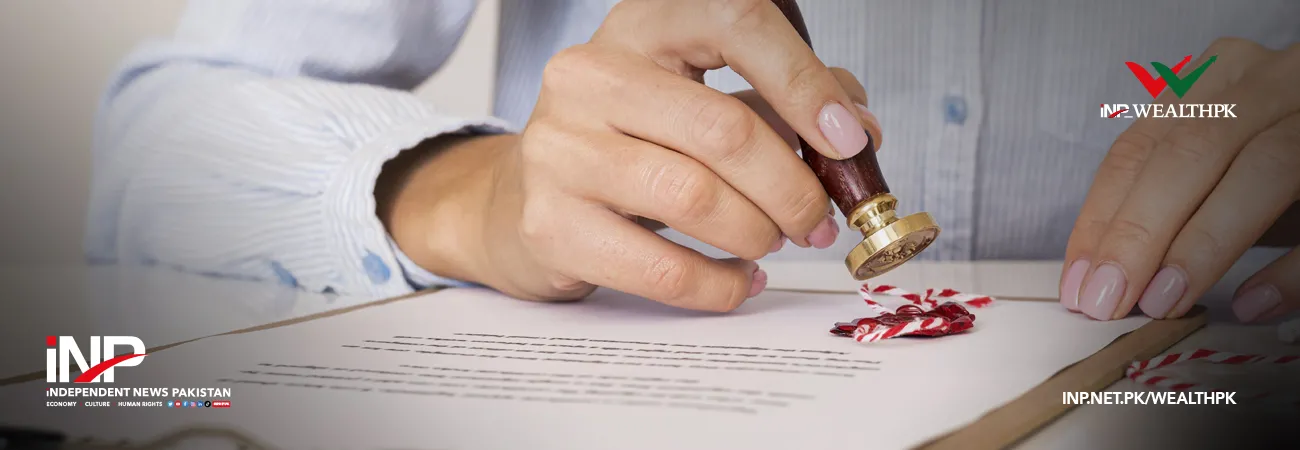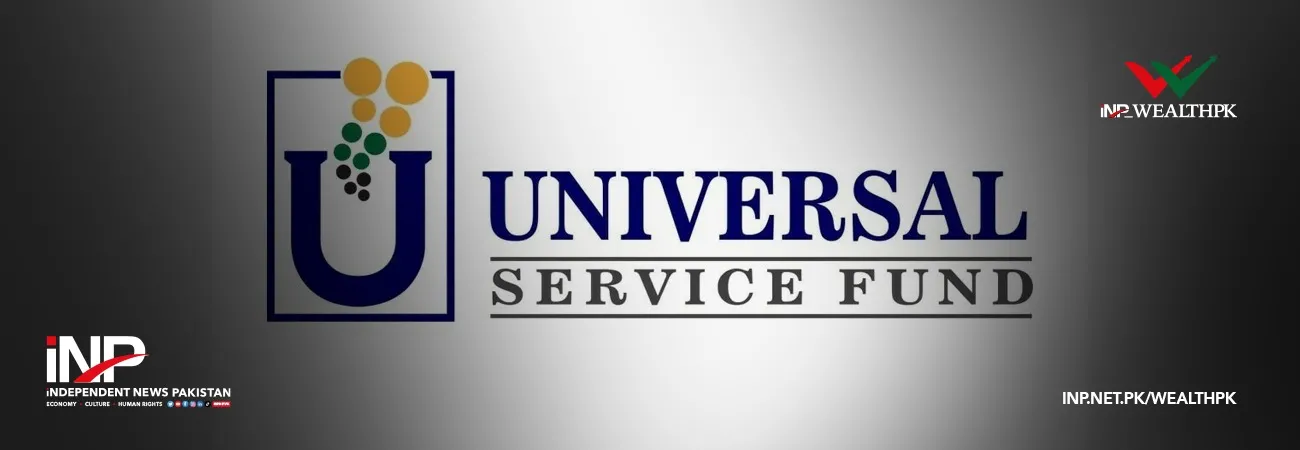آئی این پی ویلتھ پی کے
By Raza Khan ISLAMABAD, May 30 (INP-WealthPK): Pakistan’s ban on the import of non-essential luxury items is a good move to reduce the outflow of foreign exchange reserves, and trade deficit and to stop the further devaluation of local currency, experts believe. The Government of Pakistan has banned the import of 38 non-essential luxury items under an emergency economic plan. The aim of the ban is to control the devaluation of local currency, reduce the swelling trade deficit, and stop the cash outflow. Dr Ashfaque Hassan, a well-known economist and Dean of the School of Social Sciences and Humanities at the National University of Sciences and Technology (NUST), told WealthPK that ban on the import of luxury items would have positive impacts. However, he said that it was a short-term solution and the government needs to take tough and long-term decisions and carry out reforms to manage the declining economy of Pakistan. “The decision has two dimensions. It will reduce the country’s import bill and benefit local industry. However, it will harm the importers simultaneously,” Dr Ashfaque added. He said that apart from mobile phones and luxury cars, the impact of ban on import of other items would be too less and would not add much to fixing the economic woes. “Pakistan needs to find out import substitutions and enhance the exports,” Dr Ashfaque said, adding that local industry should be encouraged to export value-added products instead of raw materials and low-value goods. Dr Sajid Amin, Deputy Executive Director (Research) at Sustainable Development Policy Institute (SDPI), told WealthPK that ban on the import of luxury items is inevitable under a current economic situation in the country. “The decision is good for the time being to save foreign exchange reserves and reduce the trade deficit,” Dr Amin said. However, he added that the government should do more to stop currency devaluation. He said that Pakistan’s imports rose to $65.5 billion in the first 10 months (July-April) of the current fiscal year 2021-22. “Pakistan needs to cut its import bill,” Dr Amin suggested. He also suggested that the government immediately end subsidies provided on petroleum products. “Subsidy of Rs227 billion was provided on fuel in March, April and May,” Dr Amin said. He said that timely decisions on increasing petroleum prices, IMF loan, economic clarity and trust in the market can still recover local currency value by rupees 5 to 10 against the dollar. Dr Amin also suggested that the government expand the tax base to collect more revenue so that dependence on foreign loan can be reduced. “The government should also come up with clear and long-term economic policy,” he said. Earlier, the government had decided to ban the import of the following items: mobile phones, home appliances, fruits and dry fruits (except from Afghanistan), crockery, private weapons and ammunition, shoes, chandeliers and lighting (except energy savers), headphones and loudspeakers, sauces, ketchup, doors and window frames, travelling bags and suitcases, sanitary ware, fish and frozen fish, carpets, preserved fruits, tissue paper, furniture, shampoos, automobile, confectionary, luxury mattresses and sleeping bags, jams and jelly, cornflakes, bathroom ware and toiletries, heaters and blowers, sunglasses, kitchenware, aerated water, frozen meat, juices, pasta, ice-cream, cigarettes, shaving goods, luxury leather apparel, musical instruments, salon items like hairdryers, and chocolates. Minister for Information Marriyum Aurangzeb announced at a press conference that the ban on import of luxury items was a part of economic plan in a bid to steer the country out of financial turmoil. “We are in an emergency and people need to make sacrifices under the economic plan,” she said. The minister informed that the ban on importing particular items would have an impact of around $6 billion. The ban initially lasts for two months and will be revised after 60 days.











